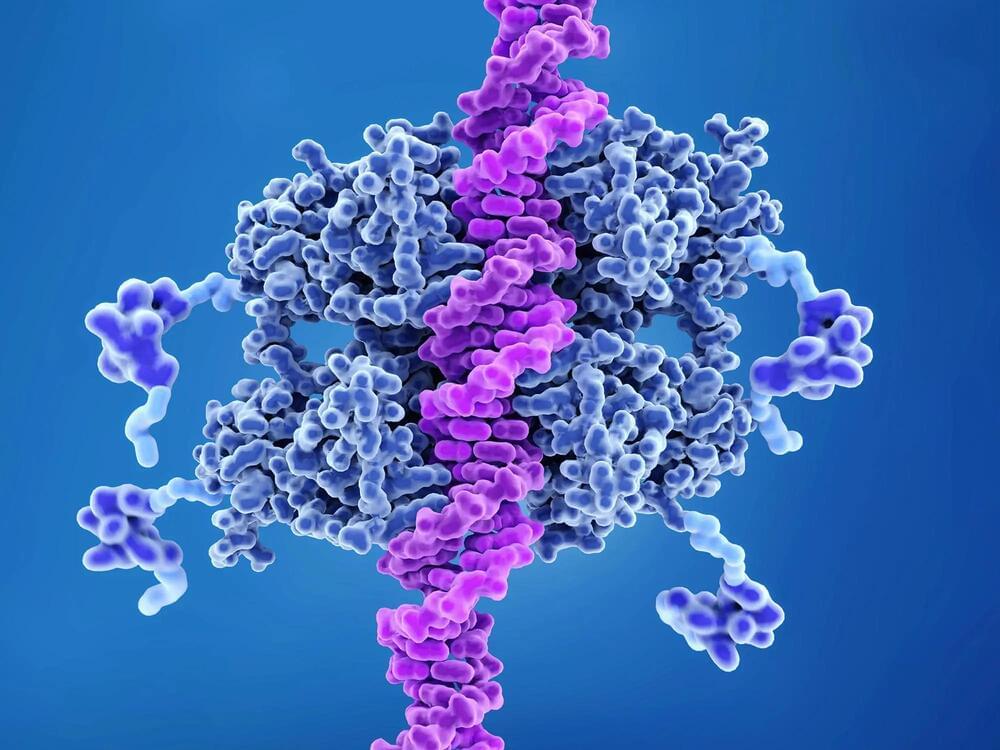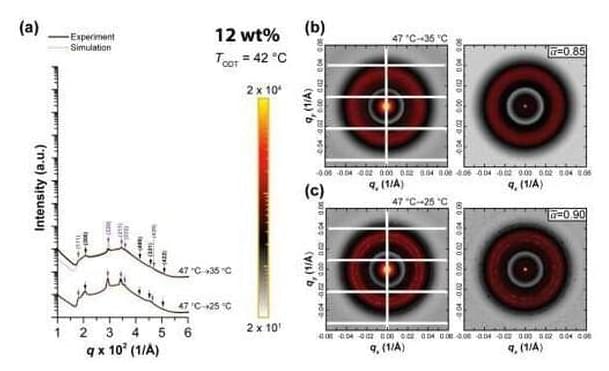Lightyear’s sleek O sedan has solar panels that can provide up to 44 miles of range per day.


Step into a new era of reading with ‘living books,’ where artificial intelligence breathes life into traditional literature, allowing you to engage, explore, and personalize your reading experience like never before.
“Alexa, play back that dream I had about Kirsten last week.” That’s a command that may not be too far off in the future, as researchers close in on technology that can tap into our minds and retrieve the imagery of our thoughts.
Researchers at the National University of Singapore and the Chinese University of Hong Kong reported last week that they have developed a process capable of generating video from brain scans. The research is published on the arXiv preprint server.
Using a process called functional magnetic resonance imaging (fMRI), researchers Jiaxin Qing, Zijiao Chen and Juan Helen Zhou coupled data retrieved through imaging with the deep learning model Stable Diffusion to create smooth, high quality videos.

Oh hey, AI enthusiasts and futurism fans! I’d love to share with you an article I recently wrote on my Substack. It takes you on a journey from the ancient Greek device known as the Antikythera mechanism, all the way to the generative AI explosion of 2023, tracing the history of computation and AI.
For more than a decade, I’ve been writing about technology, society, and the future, aiming to provide thoughtful analysis and critical thinking on the latest trends and their implications. I’ve been following these topics for over 15 years, and I am enthusiastic about initiating a meaningful conversation with you about the changing world and its intersection with technology.
Well, not that shocked.

After three years of upgrading and waiting, due in part to the coronavirus pandemic, the Laser Interferometer Gravitational-wave Observatory has officially resumed its hunt for the signatures of crashing black holes and neutron stars.
“Our LIGO teams have worked through hardship during the past two-plus years to be ready for this moment, and we are indeed ready,” Caltech physicist Albert Lazzarini, the deputy director of the LIGO Laboratory, said in a news release.
Lazzarini said the engineering tests leading up to today’s official start of Observing Run 4, or O4, have already revealed a number of candidate events that have been shared with the astronomical community.

BlackSky Technology and Spire Global have teamed up to create a real-time, commercially available Maritime Custody Service that can automatically detect, identify and track more than 270 thousand vessels worldwide in open water, along rivers and canals, and while docked at port.
The system uses data from Spire’s radio frequency-monitoring satellite constellation to detect emissions from maritime targets, including the ability to detect and locate dark vessels that manipulate their reported position in order to conceal nefarious activities. Then, BlackSky’s satellites automatically tip-and-cue to collect imagery and analyze the images using artificial intelligence to detect vessels, classify each vessel by type, estimate cargo and monitor change over time.
“BlackSky and Spire have developed a very cost-effective and flexible vessel tracking service capable of delivering on-demand maritime intelligence at scale,” said Patrick O’Neil, chief innovation officer at BlackSky. “The unique AI-driven system reduces end-to-end latency across the entire tasking, collection, processing, exploitation, and dissemination process. With interoperability in mind, the MCS provides an easy-to-use autonomous, continuous and predictive maritime tracking capability directly into customer hands.”

With the new method, scientists can explore many cancer mutations whose roles are unknown, helping them develop new drugs that target those mutations.
MIT
MIT is an acronym for the Massachusetts Institute of Technology. It is a prestigious private research university in Cambridge, Massachusetts that was founded in 1861. It is organized into five Schools: architecture and planning; engineering; humanities, arts, and social sciences; management; and science. MIT’s impact includes many scientific breakthroughs and technological advances. Their stated goal is to make a better world through education, research, and innovation.

When most people think of crystals, they picture suncatchers that act as rainbow prisms or the semi-transparent stones that some believe hold healing powers. However, to scientists and engineers, crystals are a form of materials in which their constituents—atoms, molecules, or nanoparticles—are arranged regularly in space. In other words, crystals are defined by the regular arrangement of their constituents. Common examples are diamonds, table salt, or sugar cubes.
However, in research just published in Soft Matter, a team led by Rensselaer Polytechnic Institute’s Sangwoo Lee, associate professor in the Department of Chemical and Biological Engineering, discovered that crystal structures are not necessarily always regularly arranged. The discovery advances the field of materials science and has unrealized implications for the materials used for semiconductors, solar panels, and electric vehicle technologies.
One of the most common and important classes of crystal structures is the close-packed structures of regular spheres constructed by stacking layers of spheres in a honeycomb arrangement. There are many ways to stack the layers to construct close-packed structures, and how nature selects specific stacking is an important question in materials and physics research. In the close-packing construction, there is a very unusual structure with irregularly spaced constituents known as the random stacking of two-dimensional hexagonal layers (RHCP). This structure was first observed from cobalt metal in 1942, but it has been regarded as a transitional and energetically unpreferred state.
In short blood dilution is very, very good for you.
In this talk, Dr. Irina Conboy discusses the role of repair and regeneration in lifespan and healthspan, contending that these factors, rather than entropy and time progression, truly govern our aging process. She describes the research her team is pursuing, investigating whether improving the efficiency of bodily repair in older individuals could effectively make them younger. She suggests that biological age could potentially be reversed and discusses heterochronic parabiosis and plasma dilution as potential ways to accomplish that. Conboy highlights recent research suggesting that old blood has a greater impact on cellular health and function than young blood. She presents her team’s experimental research on the rejuvenation effects of plasma dilution, demonstrating its significant impact on reducing senescence, neuroinflammation, and promoting neurogenesis in the brains of old mice.
00:00:00 — Importance of repair and regeneration in aging.
00:04:45 — Young blood vs. old blood, heterochronic parabiosis.
00:10:17 — Plasma dilution is key.
00:15:49 — Kiana Aran’s blood heterochronicity on a chip.
00:17:56 — The role of senescence in parabiosis and blood exchange.
00:27:53 — Measurements of biological age.
00:36:57 — Systemic calibration is globally rejuvenative.
00:37:30 — Conclusions.
About the Speaker:
Irina Conboy is a Professor at the University of California, Berkeley in the Department of Bioengineering. Her discovery of the rejuvenating effects of young blood through parabiosis in a seminal paper published in Nature in 2005 paved the way for a thriving field of rejuvenation biology. The Conboy lab currently focuses on broad rejuvenation of tissue maintenance and repair, stem cell niche engineering, elucidating the mechanisms underlying muscle stem cell aging, directed organogenesis, and making CRISPR a therapeutic reality.
FOLLOW US